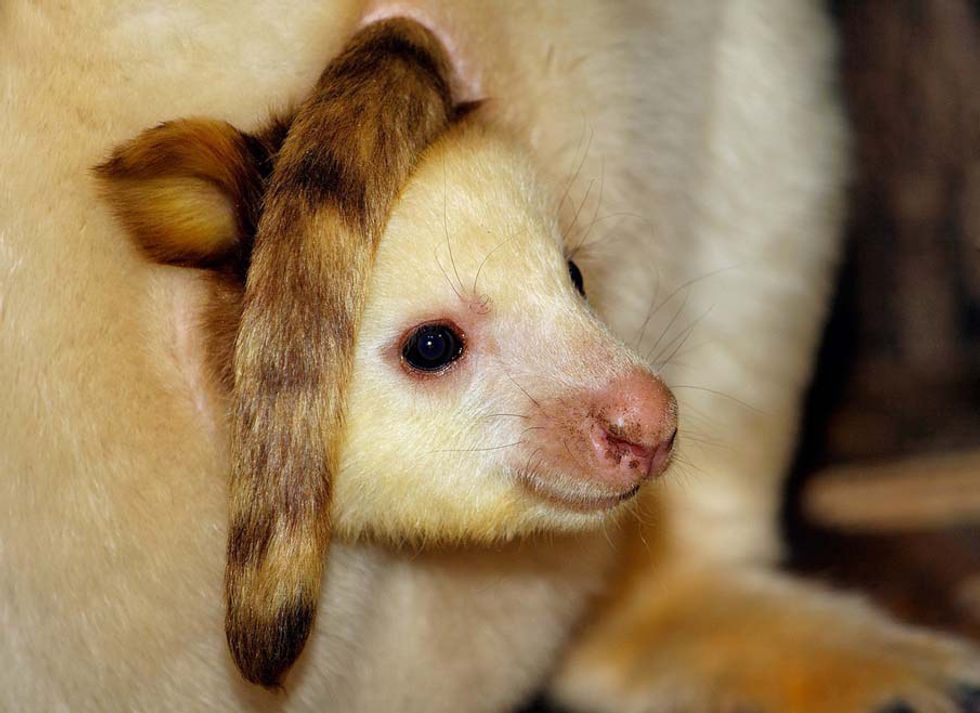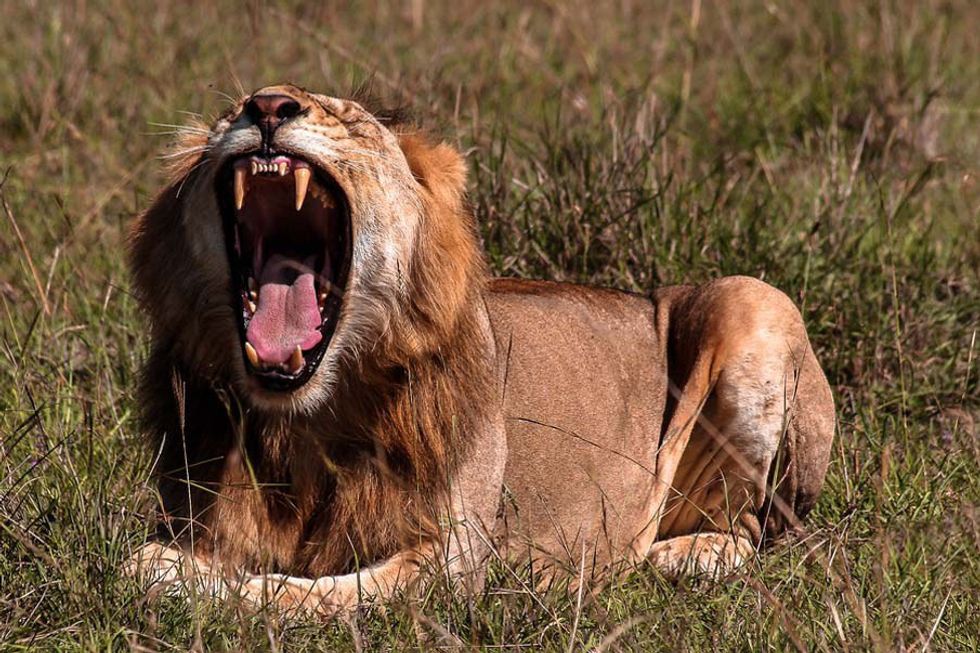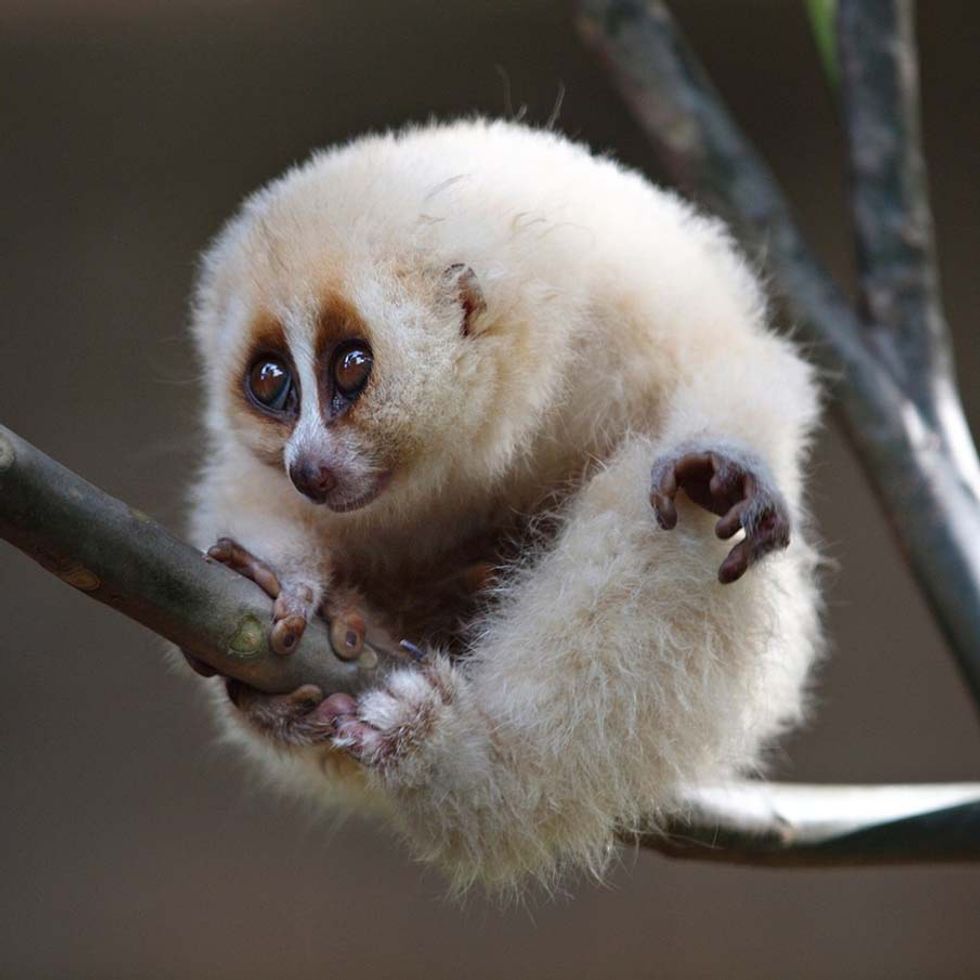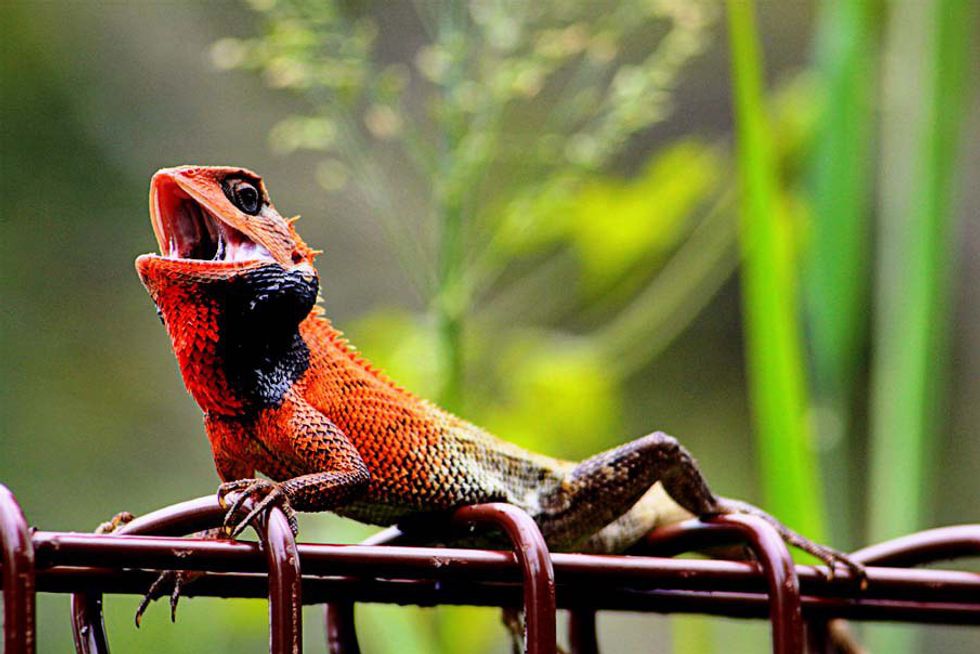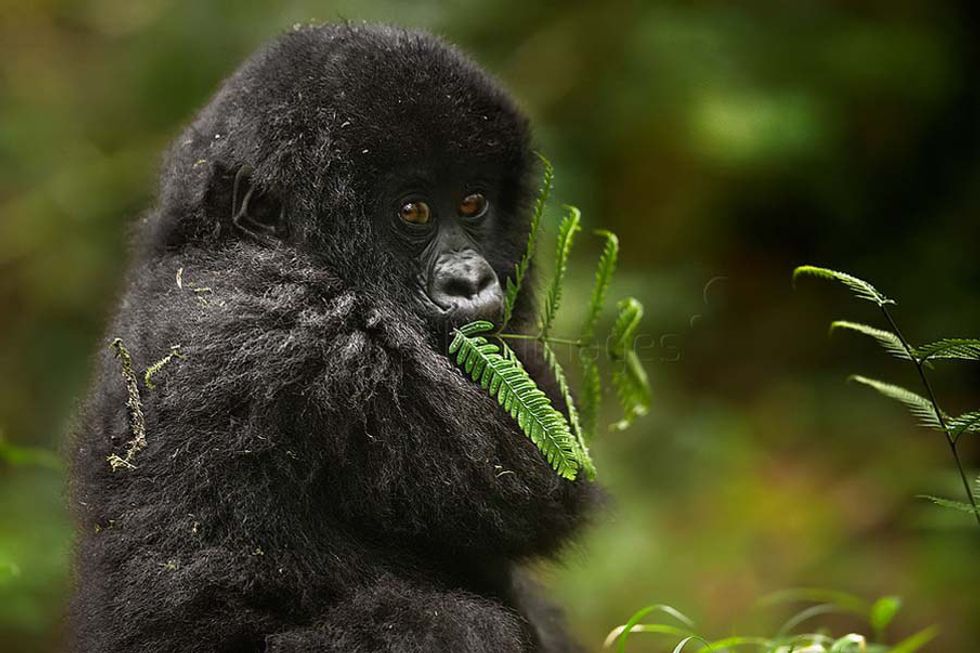There seems to be a growing fad in the recent years to own exotic animals. Facebook is cluttered with different kinds of cute or "informative" videos that are discussing a type of exotic or undomesticated animal. People share the videos, claiming their desire to own one and tagging their friends to promote the hype around this cool, new "pet."
Appreciating animals for who and what they are is a wonderful thing. I firmly believe that the world would be a better place if we all educated ourselves on the animals we share this planet with. However, there is a difference between appreciating an exotic animal and actually owning one.
1. Domestication
The biggest issue between owning a pet such as a dog versus owning an exotic animal such as a primate is that the former is a domesticated animal. Dogs have been domesticated over centuries so that they can live and breed in a tame condition and are reliant on humans to survive. A primate does not need a human to survive and it does not thrive in captivity. Whereas a dog wants to be curled up on the couch with you, a primate wants to be out in the wild. You cannot force domestication, either. You can only delude yourself into believing that you are domesticating an animal. In reality, that animal is just acting tame for the time being.
2. Danger
Owning an exotic pet puts you, the animal and everyone around you in harm. Even if the animal seems to be loving, tame and comfortable around other animals and people, that doesn't mean that it will stay that way. Once again, these animals aren't domesticated. Their behaviors are not as predictable as a dog or a cat. Chances are, you aren't a licensed professional with training and education that has taught you how to read and handle these exotic animals.
3. Disease
Exotic animals carry many diseases, including rabies, ringworm, herpes B virus, tapeworm and Salmonella. These diseases are extremely dangerous to humans and sometimes even fatal. The Center for Disease Control and Prevention warns people against owning exotic pets due to the high risk of diseases they can carry. Even certain reptiles and amphibians that are commonly kept as pets such as turtles, snakes, frogs and salamanders are not recommended for children under five years old due to the high risk of Salmonella that the animals can spread.
4. Care
Caring for an exotic animal is not like caring for a dog or cat. The social and nutritional needs for exotic animals can be complex, expensive and sometimes impossible to meet. These animals often times grow to be larger and stronger than their owners expect them to be and require even more extensive care. Many owners are not able to properly care for their unique "pets" and the animals are the ones who suffer because of it. According to the One Green Planet organization, "98 percent of all exotic animals die within two years of being brought home as pets." There is a reason that people go through educational training and licensing to learn how to accommodate for the needs of undomesticated animals.
5. More Harm Than Good
Perhaps you see a group of baby raccoons huddled together near the side of the road. There is no mother in sight and you're worried that the babies may travel onto the road and get hit or that their mother has totally abandoned them. You may think that you're protecting or even saving these animals by "rescuing" them, but you're not. Ultimately, you are harming the animals. You are taking them out of their natural environment and possibly away from their mother who could be close by. These animals, and other exotic animals like them, want to be in the wild. That is where they are able to socialize, breed, eat and do all of the things that their instincts tell them to do. While your intentions may be good, they are not necessarily in the best interest of the animals. If you ever come across a situation like this and are genuinely concerned for the animals, the best approach is to assess the situation and call a wildlife hotline or organization for assistance.
Appreciating animals of all kinds is an incredible thing. It can be tempting to own a cool new animal after seeing cute pictures and videos of it posted all over the internet. It is probably even more tempting when you see that there are people who do keep these animals as pets. Educating yourself on why it is a bad idea to keep an exotic animal as a pet shows intelligence and maturity and helps move the world into a better place both for humans and animals everywhere. It is important to understand the value in appreciating an animal for who and what it really is in its own environment.




